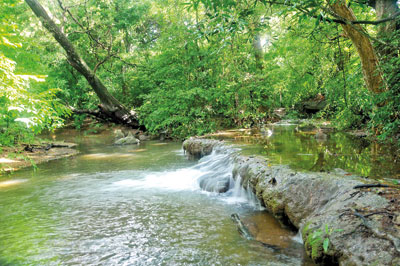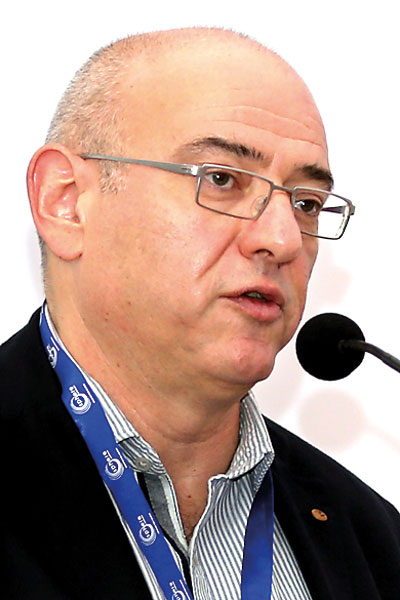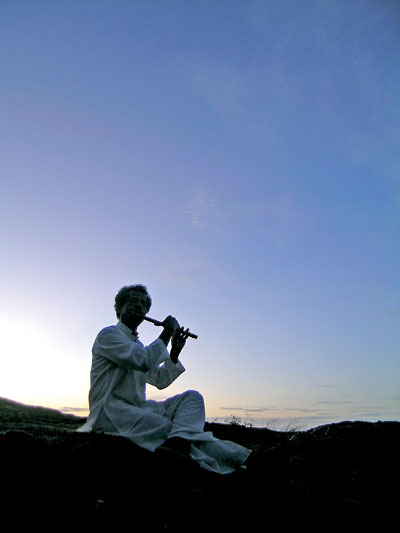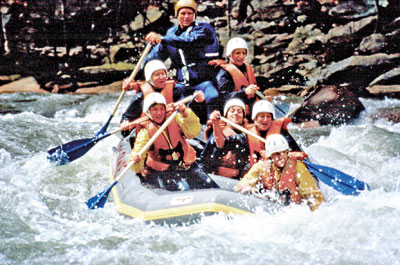Experiences, not sun-sea-or-sand, the new mantra in tourism
View(s):COLOMBO: When hospitality branding specialist QUO founder/CEO David Keen walked into the lift of the new Jaz hotel in Amsterdam on opening day some years ago, he was surprised to find a saxophonist and a singer in that tiny space.

Stream
“The duo started to play as the 1 metre x 1.5 metre lift became moving. I almost cried with delight. It was a sublime and memorable experience. Just imagine moving up to live music … just for you?” recalls Mr. Keen, a pioneer in creating new brands and re-branding existing ones across Asia and Europe.
QUO had also created the Jaz hotel with one of its hallmarks being to improve the experiences so that guests would take back memories with them. “I didn’t realise the extent to which a great experience will form an image of a lifetime. That’s what the jazz duo did to me, I’ll never forget that first sight,” he said in an interview in Colombo last week, during one of many trips to meet clients.
I gently also point out my own experience, when during a visit to the Maldives and walking into my over-water villa at a plush resort I was overcome with emotion, seeing an electric guitar and an amplifier placed in the large sitting area. Being a guitar buff myself, I picked up the guitar and played to my heart’s content. Unforgettable!
Mr. Keen is a much, sought-after speaker at hospitality conferences across Asia, particularly in the Maldives and Sri Lanka where he has created and re-branded many properties included Jetwing and Galle Face hotel among others.
His company’s client base is a veritable who’s-who in the industry like AccorHotels, Amari, Baros Maldives, Conrad Hotels, Galle Face Hotel and Jetwing to name a few.
Several years back at a hospitality conference in Colombo, Mr. Keen stressed that the “sun, sea and sand” label has lost its allure in marketing destinations while the new mantra is experiences and creating one to suit each client, individually and separately.
Bullock cart ride
Another great experience was when he had arrived at the then Culture Club Dambulla (during a trip to re-brand it to Amaya) after a 3-4 hour tiring journey by road. “On the edge of the property, at the entrance to the road leading to the hotel with a run-down gate, there was a bullock cart. That last 300-400 metres journey on a bumpy cart is what I’ll remember most. A heavenly feeling!”
Bangkok-based QUO is a branding agency that creates and evolves travel and hospitality brands around the world, doing everything in-house, from brand strategy to digital design, content and collateral.
“Nation branding is absolutely necessary. We can see from (the success) of Incredible India or Amazing Thailand,” he said, when asked to express his thoughts on marketing a destination.

David Keen
Pausing awhile to collect his thoughts while looking out at the sea on the chic first floor lounge of the Galle Face hotel where the interview is taking place, Mr. Keen notes:
“In the business of branding, we are not thinking of tomorrow, we are thinking about the day after tomorrow. We need to think about how tourism would emerge in the future and how it would be perceived. Today … no country, no nation should be defined as sun, sea and sand … particularly the Maldives or Sri Lanka.”
Continuing on this interesting note, he says: “Nation branding has to be defined by the people, by the infrastructure, by the technology. It’s the people of the nation that defines its beauty, the culture, and the warmth … that’s the way a destination is defined.”
Though unconnected, Mr. Keen’s trip to Colombo this time comes at a time when Sri Lanka Tourism (SLT) is struggling to get its long awaited, and long-delayed destination marketing campaign off the rails. The campaign has been bogged down by bureaucracy, protocol and complex tender processes and every week, the media is told that the campaign would get off, next week or next month. It has been several weeks since then. However it appears that finally the CNN campaign has taken off.
In Mr. Keen’s book, the private sector – particularly in the Maldives – has been the beacon of hope in driving the nation branding agenda. “What is happening in many countries — South Asia and in particular, Sri Lanka and the Maldives – is that there aren’t enough budgets or state financial support in the definition of the nation brand. It has been left to the private sector to do that job and I think particularly in the Maldives the private sector has done a wonderful job.”
Over the past year to 18 months, several new brands have not only emerged but added value to the Maldives nation branding concept with some of the most exotic features in the world like the recently-announced, “Muraka”, the world’s first undersea residence at the Conrad Maldives Rangali island.
“The day this product was announced globally there were millions of hits. When we launched PER AQUUM’s Huvafen Fushi in 2005, it redefined what an independent hotel should look like and redefined experience. The 14-day festival organised by six resorts at Baa Atoll, which is the only UNESCO biosphere in the Maldives, is a great idea. What that’s doing is changing fundamentally the structure of the one island one resort tourism in the Maldives and actually encouraging dining around the different resorts and engaged in activity on different resorts.”
Nation branding
The QUO founder has some interesting thoughts on a single branding platform to promote exports and tourism, a suggestion that also emerged in Sri Lanka Tourism a few years ago as a cost-effective mechanism instead of separate budgets for – tourism, tea and other exports.
“Well … that’s not only a good idea, it’s what it should be. Sri Lanka has an incredible talent pool in, for example, the textile or tech sectors. And if the country is able to create one platform, one vision and use this to enhance the nation brand, it will have multidimensional benefits on the growth of the nation.”
Mr. Keen is enthralled with the Maldives, where his company has multiple projects. “Maldives is an incredible canvass for brands because under the one island one resort concept, each island is a fresh canvass. And each island is set apart from the island next door. From an intellectual branding point of view the Maldives is a dream where the culture in a hotel is driven by the people who work there, the architecture, the design, the food, the bedrooms, etc. It’s that distinction – the cumulative impact that all these elements have on each other – that forms that brand.”

Flute Player
Explaining it in more simpler terms, he continues: “Consider walking in the hills and you come across a village. That village is different the way they talk to you, the way they greet you, the shape of the windows, the size of the door, the dress they wear, the food they eat, the music they listen to, the tone of voice, the language – everything has a slight nuance – it’s that cumulative nuance, that cumulative culture that we are seeking to define in a brand.”
Typology
So if people are no more looking for sun, sea or sand in the Maldives or Sri Lanka, what are today’s travellers seeking and what are the brands doing to meet the needs of the new-age traveller?
In response, the QUO CEO says: “When we create brands – we don’t look at demographics, alone. For example when a 35 year-old Sri Lankan professional plans a trip he is looking for a particular experience that would differ if he is accompanied by the family and a 3-year old kid for instance. We call this a typology which would differ from person to family experience but from the same demography. So demographics are less relevant that typology. We create brands for typologies and then the marketing team in the resort will create a package for that segment.”

White water rafting
This, he says is probably the most enriching part of the work they do. “It’s the most challenging and the most rewarding in forming or creating a culture … weaving in all these elements and making sure they are functional too while ensuring the guest returns home after a rewarding experience.”
(Feizal)


